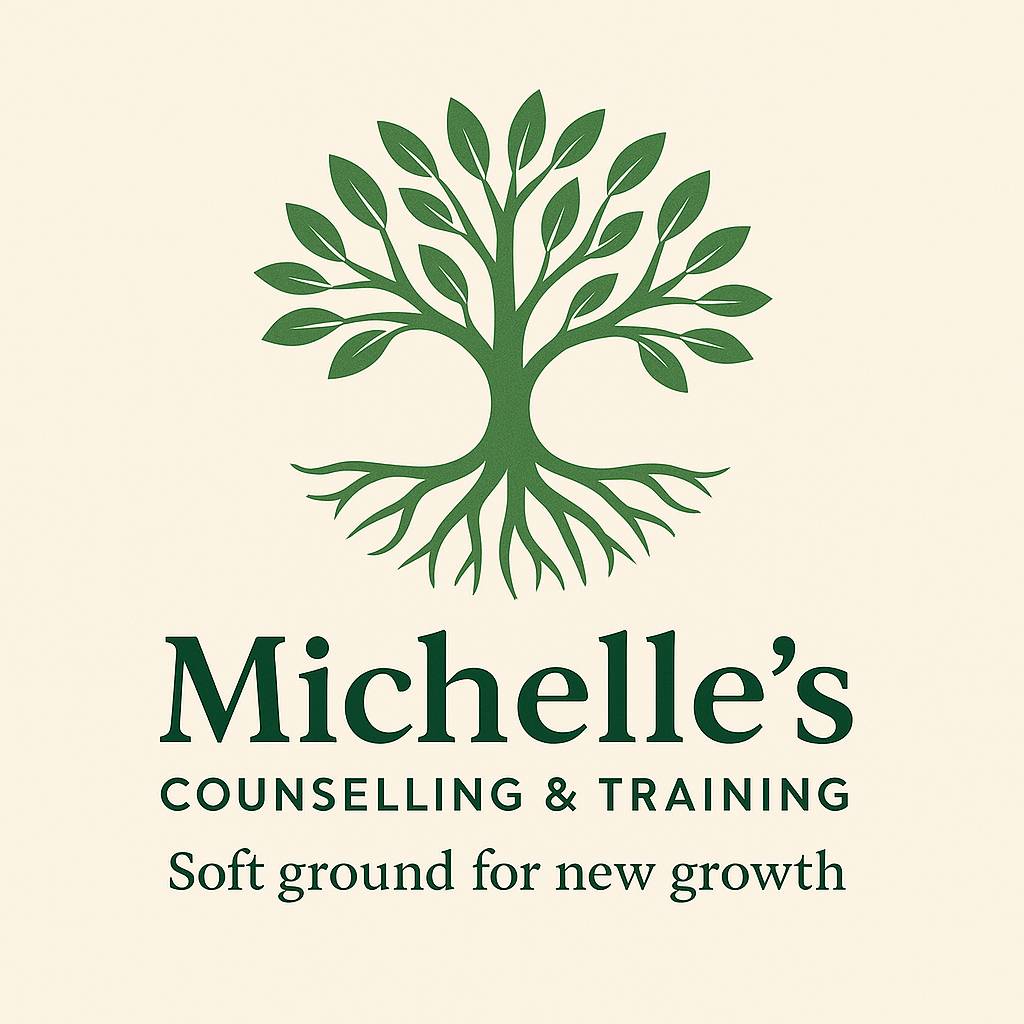
Frequently asked questions.

Frequently Asked Questions about Therapeutic Counselling
1. What exactly is therapeutic counselling?
Think of counselling as a safe space just for you. It’s a chance to talk openly with a trained professional who listens without judgment, helps you untangle your thoughts, and supports you in finding ways forward that are right for you.
2. How is counselling different from therapy or psychotherapy?
Generally, counselling takes place once a week and can include focus on current challenges and coping strategies, and the past while psychotherapy may take place more than once a week dive deeper into long-term patterns or past experiences. What matters most is finding the right approach for your needs.
3. Who is counselling for?
Short answer: everyone. You don’t need to be in crisis to benefit. People come to counselling for support with stress, anxiety, low mood, grief, relationship struggles, or even just wanting to understand themselves better.
4. How do I know if it’s the right time to try counselling?
If you’re feeling stuck, overwhelmed, or like life is a bit “too much,” counselling might help. Many people come when they notice their thoughts, feelings, or behaviours are starting to affect their daily life, work, or relationships.
5. What actually happens in a session?
Sessions are usually a relaxed conversation in a private, supportive setting. I may ask gentle questions, reflect back what I hear, and guide you to explore your feelings and choices. It’s not about being told what to do—it’s about discovering what works best for you.
6. Is everything I say kept confidential?
Yes. What you share stays between you and your counsellor. The only exceptions are if there’s a risk of serious harm to you or someone else, or if the law requires it. We will discuss this further at our first appointment.
7. How long will counselling take?
There’s no one-size-fits-all. Some people find 6–12 sessions really helpful, while others prefer longer-term support. We can decide together what feels right for you.
8. Are there different types of counselling?
Absolutely. Some common approaches include:
Person-Centred Counselling – focused on empathy and understanding
Cognitive Behavioural Therapy (CBT) – practical tools for changing unhelpful thought patterns
Psychodynamic Therapy – exploring deeper roots of issues
Integrative Counselling – a blend of different methods
9. How do I find the right counsellor for me?
It’s a bit like finding the right pair of shoes—you need a good fit. Look for someone qualified, experienced, and registered with a professional body. Just as important: trust your gut. You should feel comfortable and safe with them.
10. Does counselling really help?
Yes! Research shows counselling can ease distress, build resilience, and improve overall wellbeing. Many clients say it gives them new perspectives, coping skills, and confidence to face life’s challenges.


